ADOTAS – General Motors‘ announcement yesterday that it was pulling its $10 million Facebook advertising budget came at a choice time — mere days before the world’s largest social network was expected to go public — and it’s prompted quite a bit of chatter about what that says about the true value of Facebook, and about GM’s understanding of how to manage its brand online.
Let’s put this in perspective. As reported in the Wall Street Journal, in an article that’s become the main springboard for most analysis of the announcement, GM has decided to stop paying to advertise on Facebook, saying the company hasn’t seen enough positive results to justify continuing to spend there. Advertising had accounted for roughly a quarter of GM’s spending on Facebook-related things — the remaining $30 million was spent on advertising and media agencies’ work in creating and managing content across its various brand pages. While GM is the third-highest-spending advertiser in the U.S. (behind Procter & Gamble and AT&T), its $10 million investment in Facebook ads should be considered against Facebook’s $3.7 billion revenue for 2011 and the automaker’s own total U.S. ad budget of $1.8 billion in the same year. GM is also still engaged in a long process of recovering from near-financial ruin, which led to an infamous bailout from the U.S. government and a real PR black eye over actions that made certain GM executives seem out of touch and insensitive. The company’s in the midst of a long slog of re-asserting its relevance and retooling its image. Meanwhile, companies in all kinds of industries are shifting their social ad budgets around, shying away from Facebook display ads and putting more resources into creating and promoting content users can interact with and share. There is a substantial difference between axing a company’s Facebook display advertising budget and yanking the budget for promoting posts, and trusting the brand’s agencies can create content that’s engaging enough, and that their fans are loyal enough, to spread organically and justify what is still a $30 million investment. The WSJ doesn’t explicitly say GM is effectively doing both of those things, but that’s what its reporting implies.
Clearly, GM isn’t ignoring Facebook; it’s simply reassessing its strategy, and what that means remains unclear. While many voices has dismissed the auto giant’s decision as sheer folly, there’s something to be said for stopping to think about what’s valuable for a brand in social media and how that value should be measured. Over the phone earlier today, Spruce Media (a Facebook Ads API Partner of note) COO Lucy Jacobs said that Facebook has “really done something powerful, which has changed the way advertising works. It’s really about word-of-mouth marketing at scale.” And then the challenge for the brand for understanding what’s most effective is a question of analytics. “I think the brands sometimes don’t understand the metrics of success,” she said. She explained she’s seen brands “struggling to understand what content is resonating with fans and where to allocate ad spend.” And she said a brand like GM, with many different makes and models of products aimed at so many different audiences, might at times “need help navigating which segments of content” are catching on.
For GM in particular, Jacobs explained, Facebook’s payoff is “not about driving to your local car dealership,” but about appealing to customers’ emotions and helping them place the brand in the context of their own lives (especially over long periods of time, considering how rarely most people run out and buy a car). There’s value in that approach, but it’s hard to quantify. If GM is going to pull its spending from advertising on Facebook, while maintaining its presence on the network, she advised, “They’ve got to make their content more viral.”
To Roger Katz, CEO of social media marketing and advertising services provider Friend2Friend, GM’s decision might have been less a statement about Facebook and more a statement about GM itself. “It sends a huge message about the new GM and their willingness to walk from things,” he said. Katz considered the $10 million cut a ceremonial gesture (“It’s a very small sliver” of GM’s total ad budget, he pointed out), and he suggested the company’s timing — right around the time of both Facebook’s IPO and the TV upfronts (“We’re not talking about ESPN,” he noted) — had some significance. “The fact they’d come out and talk about it this week is an interesting message,” he said. “I’m expecting that this kind of announcement is pretty nuanced.”
There’s definitely some nuance if, as Katz suggests, GM actually does get how Facebook works. “Obviously they’re dedicated to Facebook,” he asserted. “People universally agree that Facebook is for engaging [audiences]. GM has these communities. They do engage them. They’re looking at ways of tracking that.
“Facebook is not the place people go first to buy a car,” Katz acknowledged. But he insisted that Facebook is simply too large and too full of opportunity to retreat from. To not cultivate audiences there in some ways is, he said, “mind-blowing,” and he pointed out, “These brand pages are the first branded communities at scale.” And it’s true — brand pages are places where people congregate just to willingly share their enthusiasm for and experiences with a brand. No matter what GM’s Facebook strategy is for now, he cited the $40 million total (ads and content creation) and commented, “If that number is not bigger next year, it’s unfathomable.”
As unwise as it might be to yank its Facebook ad budget, it might be as unwise to suspect GM has entirely spoken its part on this subject. If the automaker is too big to fail, it should be too big to miss the point of Facebook, as well



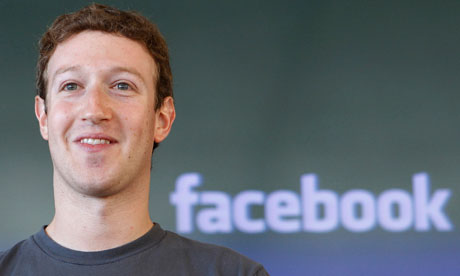


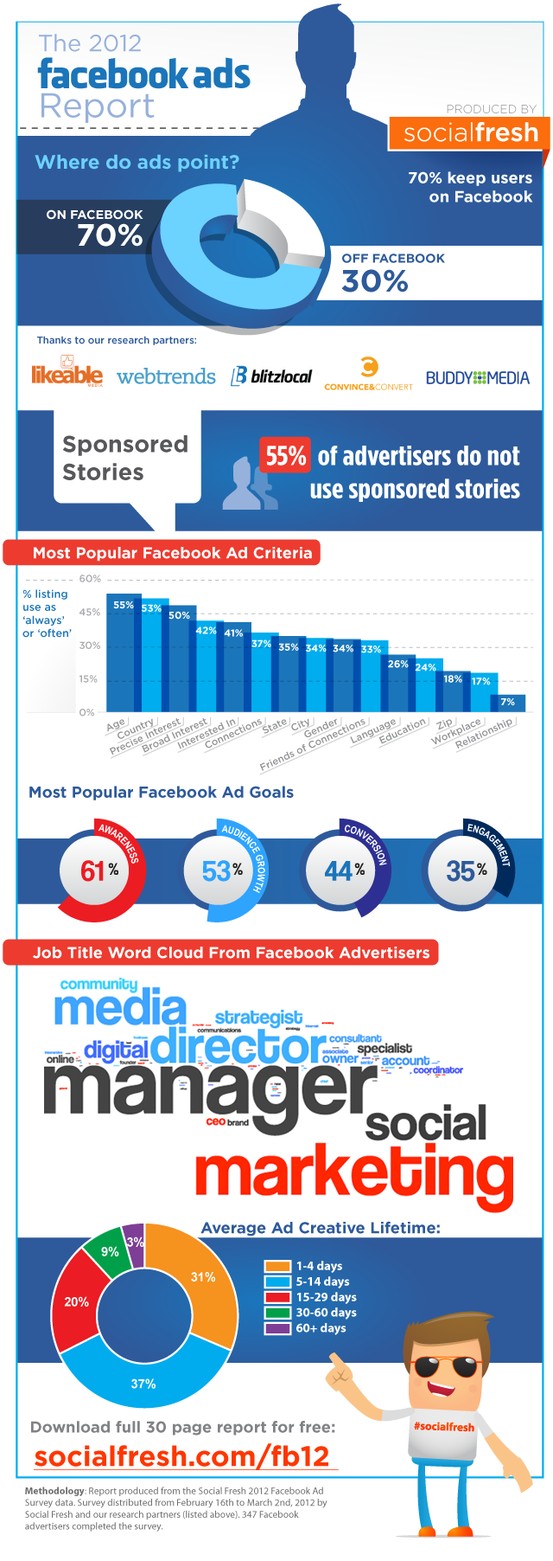

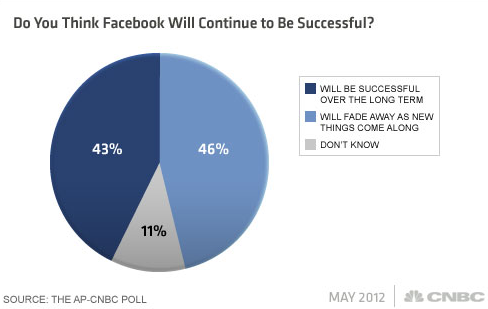

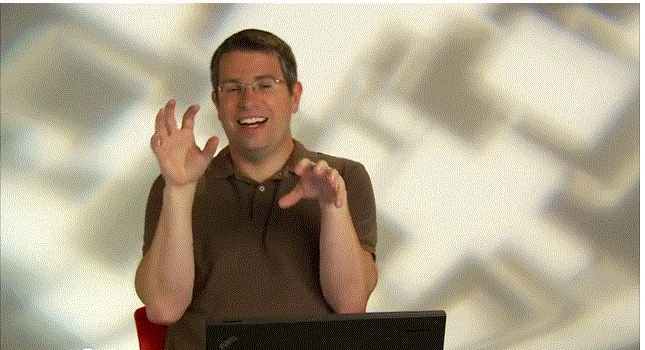
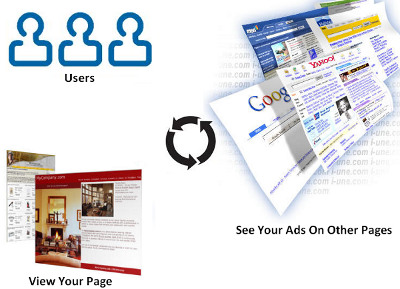


 Microsoft last month
Microsoft last month 








